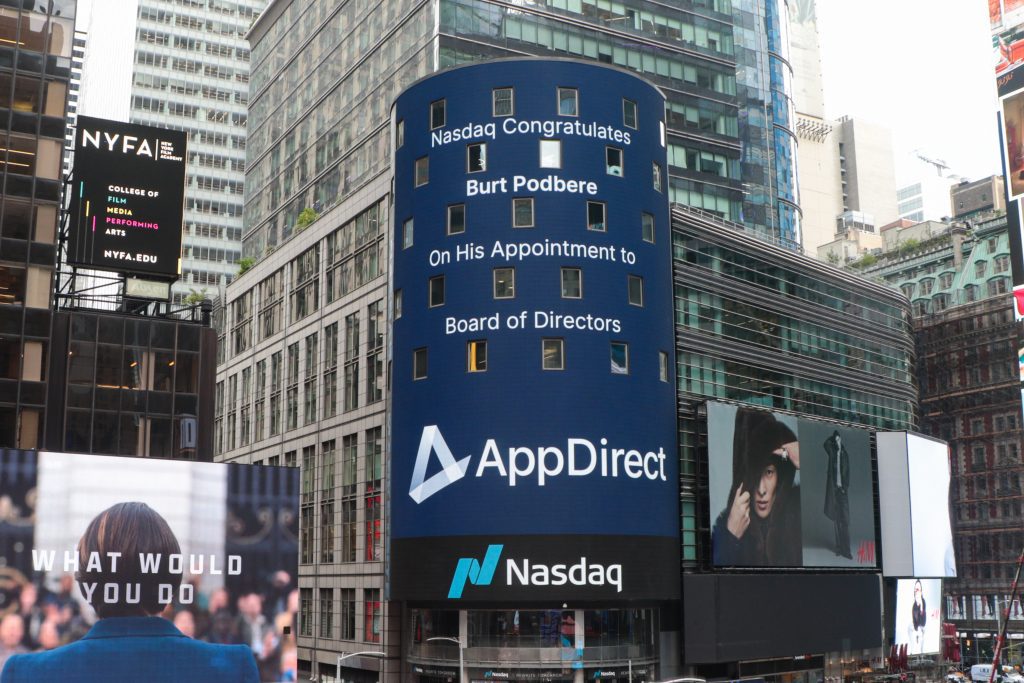 Whether it is the coveted upper right-hand corner of a Gartner Magic Quadrant or recognition by other industry analysts, independent benchmarking companies or trade show competitions, there is no disputing that being called out as a leader by a trusted party can mean millions to the bottom line. It can also be a make-or-break component in M&A.
Whether it is the coveted upper right-hand corner of a Gartner Magic Quadrant or recognition by other industry analysts, independent benchmarking companies or trade show competitions, there is no disputing that being called out as a leader by a trusted party can mean millions to the bottom line. It can also be a make-or-break component in M&A.
With leadership recognition from trustworthy sources having such a profound influence on buying behavior and corporate reputation, an obvious question arises from a public relations/market positioning perspective: So, how do you do that? Being great at what you do is table stakes. Getting those trusted sources to fully appreciate and promote that greatness is hard work.
At Bospar we have been fortunate to have helped clients become recognized as leaders. It is all part of having a holistic brand stewardship plan and executing it to maximize potential.
This is challenging work given all the moving internal and external parts and processes that must be well orchestrated. However, the rewards far outweigh the hassles, especially when done properly. One thing to remember upfront is that unsubstantiated declaratory statements about your wonderfulness are most often a big turnoff to evaluators. So, stick to not only what you know, but emphasize the “provable” that third parties can and will validate.
Where do you start?
The short answer is that your PR professionals should have created a comprehensive and targeted list of industry influencers — research analysts, consultants, testing organizations and top media pundits in your sector. Included in the list should be the names of target influencers and their organizations, bios, past postings/rankings, time and date for publication of next evaluation/award, requirements for participation, metrics used in the evaluation, movement of competitors in the evaluation over the years and explanations for any radical changes up or down.
‘I’ve got you on the list!’
To paraphrase Shakespeare, “The list is the thing to capture the attention of the king.” To paraphrase another popular phrase, “making a list and checking it twice to see who is naughty or nice” is fundamental for success. In short, time spent on developing a list and tailoring messages for each individual or organization is mission-critical.
If the pitch does not fit the perceived needs of the target, it will fall on deaf ears. The real challenge is that you are not likely to get a second chance to make a first impression.
Understand that the competition has a list that is similar to yours. They are working the evaluators and making the case for their recognition and differentiated value. This is why you need to be pitch perfect in all aspects. Indeed, be prepared to counter any claims or prejudices of evaluators, preferably with links to verified data from customers and other trusted third-party sources.
Keep the pedal to the metal.
Once you are successfully through the evaluation process with a satisfactory review, then what?
The reality is that your work is far from over. Visibility of recognition is important to leadership sustainability. Being perceived as a leader is not a destination; it is a journey. This is where having a comprehensive plan with executive buy-in and PR’s process stewardship becomes crucial. Leadership sustainability is, after all, based on continuous attention to getting timely coverage and nurturing relationships with the evaluators.
While it may seem obvious, this translates into leveraging all the tools in the marketing communications toolkit. The arsenal should include press releases on new/updated capabilities, analyst calls, featured speaking slots at key industry events, podcasts and white papers. Establish company experts as essential spokespeople for journalists and analysts on breaking news for the sector.
The lesson here is that getting and keeping recognition as an industry leader is an ongoing process. Knowledge really is power, and the more informed – in a reasoned and appropriate manner – an evaluator/influencer can be about your company, the higher the probability that published rankings will have a compelling and positive impact on brand perception.
This article first appeared in Forbes.




